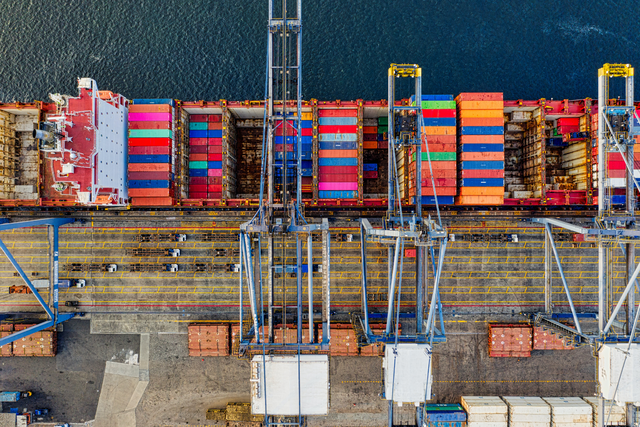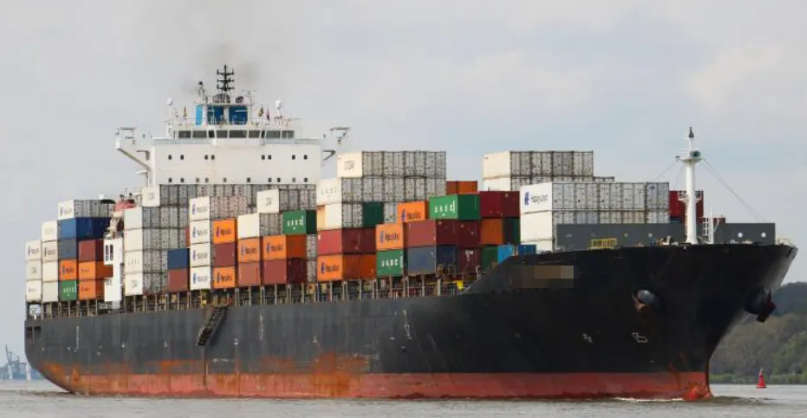The Marine Environment Protection Authority (MEPA) of Sri Lanka has confirmed that it has begun negotiations with Mediterranean Shipping Company (MSC) seeking compensation for environmental damage related to the MSC ELSA 3 incident. The government is considering legal action, although a representative stated that MSC has acknowledged responsibility in the ongoing discussions.
The container ship MSC ELSA 3 sank in late May off the southwest coast of Kerala, India. Despite the distance, Sri Lankan authorities have reported the daily cleanup of plastic pellets (nurdles) from beaches.
Officials declined to disclose the quantity of recovered materials but confirmed that no oil from the sunken vessel has so far reached Sri Lanka’s shores. However, plastic pellets have been found washed up in areas including Jaffna, Kalpitiya, and Delft. Debris is currently being collected and will be used as evidence for compensation claims and potential insurance processes.
Media reports indicate that preliminary discussions are underway with MSC, and damage assessments are ongoing. In addition to plastic pellets, packaging material, plastic fragments, damaged consumer goods, and other debris—believed to be from MSC ELSA 3—have reportedly drifted south along the coast to Sri Lanka’s Hambantota District. On July 29, as part of the “Clean Sri Lanka” coastal cleanup initiative, authorities issued alerts to residents.
Reports from India suggest that MSC’s legal representatives have denied claims of widespread environmental damage. The Indian Coast Guard has stated that about 60 containers have washed ashore and been retrieved. As of July 17, approximately 557 metric tons of plastic waste had been collected from affected coastal areas. The focus has now shifted to the second phase of recovery, expected to begin in the coming days. Equipment has already been moved onsite to enable saturation diving, which is part of efforts to extract fuel and oil from the wreck. In June, divers successfully sealed the oil tanks, preventing further slow leakage.
Sri Lanka is using the recent court ruling in the 2021 X-Press Pearl case as a benchmark for its compensation claim. That incident, which saw approximately 1,500 containers destroyed in a fire, was considered the worst marine environmental disaster in the Indian Ocean. The country’s Supreme Court ordered the vessel’s operators and affiliates to pay nearly USD 1 billion in damages.
India has also launched legal action seeking compensation from MSC for human and environmental impacts. An Indian court has detained the container ship MSC Akiteta II until the company posts a bond. Preliminary court filings submitted in early July listed total claims of USD 1.1 billion, including USD 1 billion for pollution-related damages. India is also seeking USD 44 million for environmental restoration and USD 61.3 million for economic losses incurred by the fishing communities.

Last
China Customs' Mutual Recognition Arrangements with Thailand and Benin Officially Implemented! A Major Boost for Trade Facilitation
The mutual recognition arrangements of the Authorized Economic Operator (AEO) system between China Customs and the customs authori

Next
Container Ship "Pumba" Catches Fire While Sailing: Fire Now Under Control
The container ship Pumba, reportedly operated by Mediterranean Shipping Company (MSC), caught fire on the evening of July 29 while
